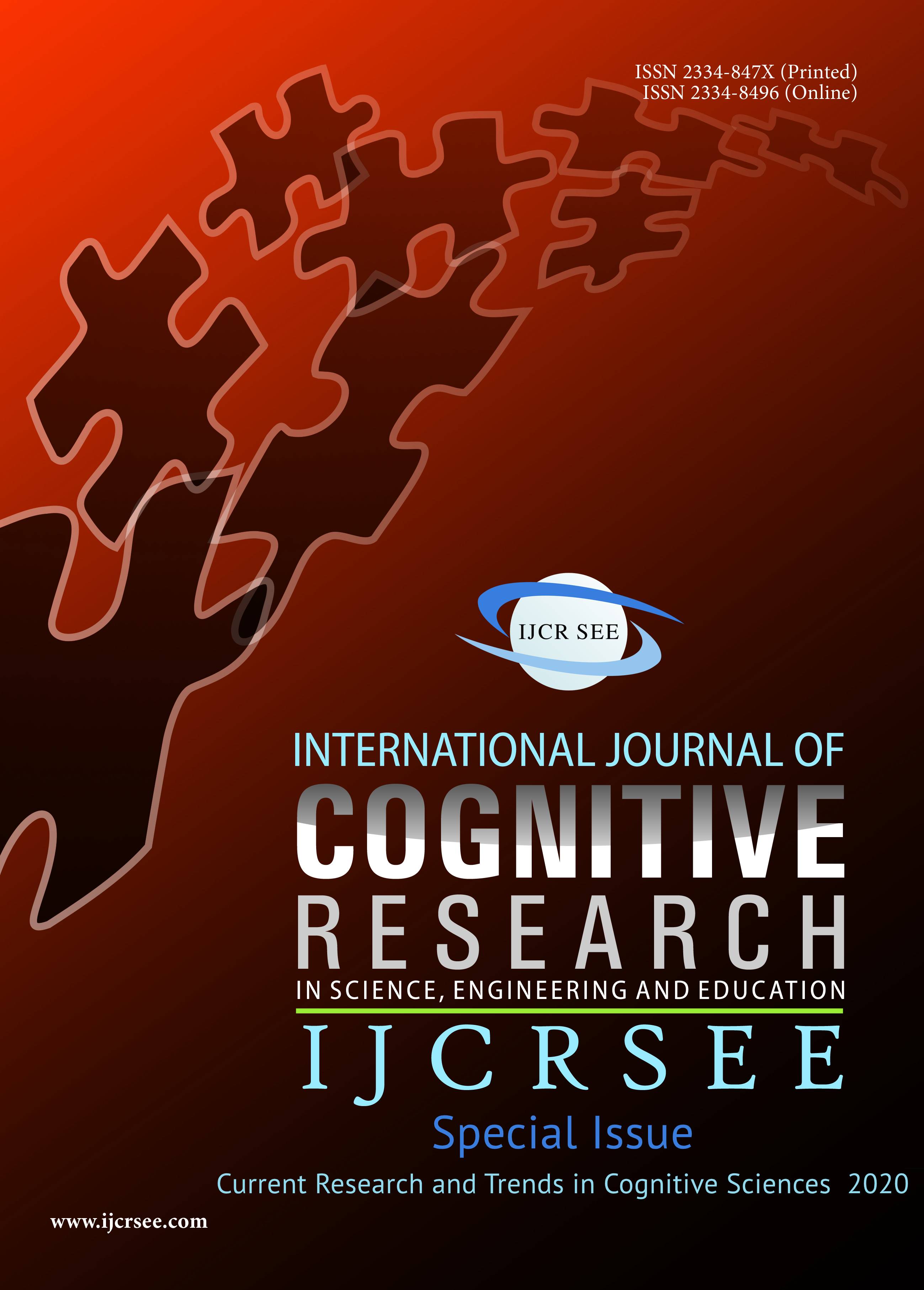Reflexive Competence in Metacognitive Monitoring of Learning Activity of HEI Students
Reflexive Competence in Metacognitive Monitoring of Learning Activity of HEI Students
Author(s): Eduard Balashov, Ihor Pasichnyk, Ruslana Kalamazh, Tetiana ZdrobylkoSubject(s): Cognitive Psychology
Published by: Удружење за развој науке, инжењерства и образовања
Keywords: reflexivity; reflexive competence; self-regulation; metacognitive monitoring; learning activity;
Summary/Abstract: The manuscript presented here reports the theoretical aspects of the concepts of reflexive competence and reflexivity, which is considered, in learning activities through a prism of metacognitive monitoring of HEI students. An essence of metacognitive monitoring and reflexive competence has been theoretically studied. The role of reflexive competence and its components in the process of metacognitive monitoring of the educational activities of students of HEIs has been described. Reflexive competence at the metacognitive level is viewed as a system of formed reflexive abilities, which ensures high productivity of the intellectual activity of the subject by activating the metacognitive resources that are necessary and organizing reflexive actions. The results of empirical research with the use of questionnaire “Reflexive skills (cognitive and metacognitive level scales) (O. Savchenko), Methodology “Reflexive strategies of task solution” (O. Savchenko and M. Makiienko), Metacogntive Awareness Inventory - MAI (G. Scraw and R. Dennison) and “Methodology of Self-Evaluation of Metacognitive Knowledge and Metacognitive Activeness” (M. Kashapov & Y. Skvortsova), and correlation analysis with the use of ANOVA analysis of variance and Spearmen’s rank correlation coefficient, have proved that student’s overconfidence can cause mistakes in the evaluation of the results of the work. Senior students have better indicators of reflexive skills at the metacognitive level and more sophisticated reflexive problem-solving strategies. Thus, the results indicate that senior students have a higher level of reflexive skills at the metacognitive and cognitive levels and a higher level of reflexive problem-solving strategies than the first- and second-year students.
Journal: International Journal of Cognitive Research in Science, Engineering and Education (IJCRSEE)
- Issue Year: 8/2020
- Issue No: SI
- Page Range: 17-28
- Page Count: 12
- Language: English

